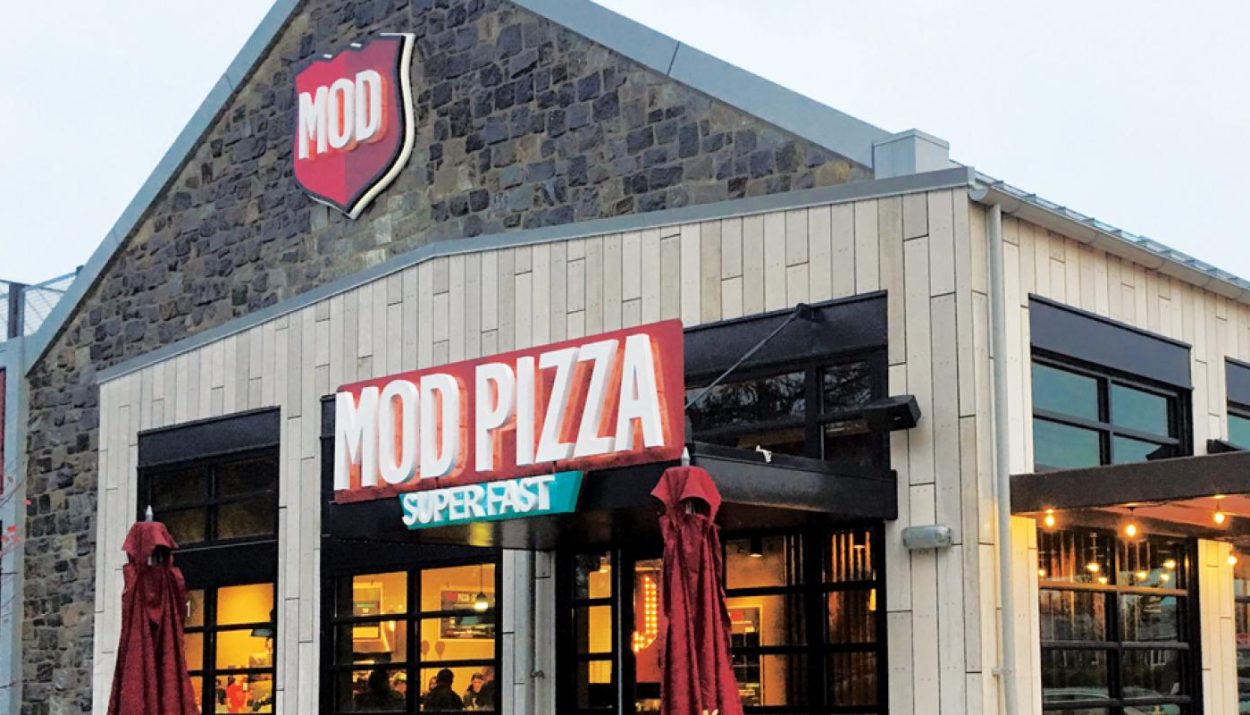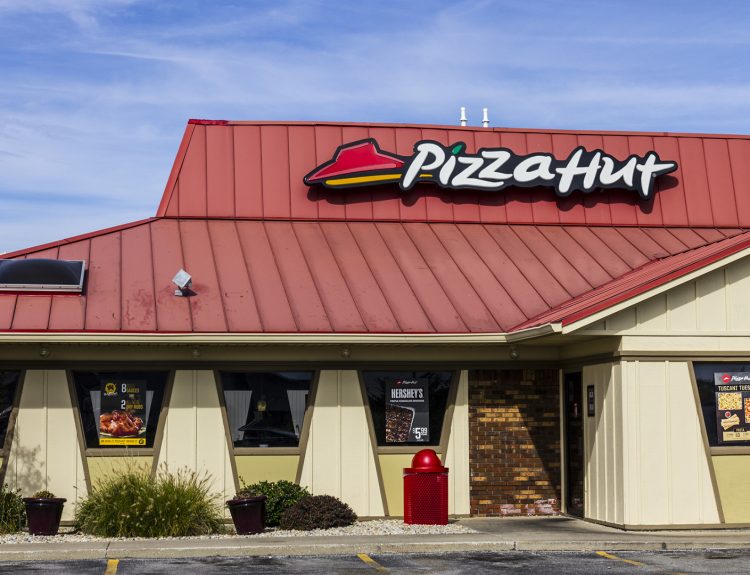When California boosted the minimum wage for fast food workers earlier this month, pizza chain Mod Pizza decided to close up several of its shops in the state before the new pay rate went into effect.
The abrupt closures, which affected five locations, left employees shocked and scrambling for new jobs just as they were expecting a long-overdue raise.Though Mod Pizza did not confirm that the minimum wage hike was behind the shutdowns, workers told local media they suspected it was a driving factor.
Mod Pizza Closes California Locations Ahead of Minimum Wage Increase
Mod Pizza, an artisanal pizza chain with over 500 locations across the U.S., shut down five of its California shops in late March, just before a new minimum wage law took effect in the state.
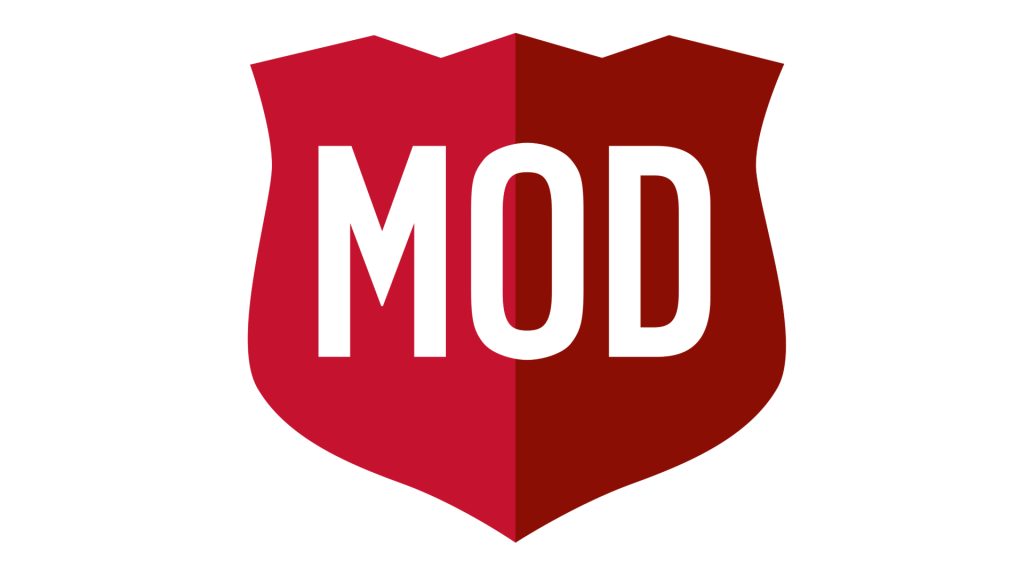
Employees suspect the wage hike prompted the closures. The new law, which went into effect April 1, boosted the minimum wage for fast food workers from $16 to $20 an hour.
Last-Minute Closures for Pizzeria
Mod Pizza gave no official reason for the closures, but workers said the timing seemed aimed at avoiding the pay raise.

“It just kind of seemed like the right timing, two weeks before all of the fast-food locations in California got that increase that we closed,” an anonymous Mod Pizza employee told Fox affiliate KMPH.
California’s New $20 Minimum Wage for Fast Food Workers
California’s fast-food workers received a pay raise to $20 an hour earlier this month, the highest in the nation, as part of the state’s effort to establish fair wages and better working conditions.
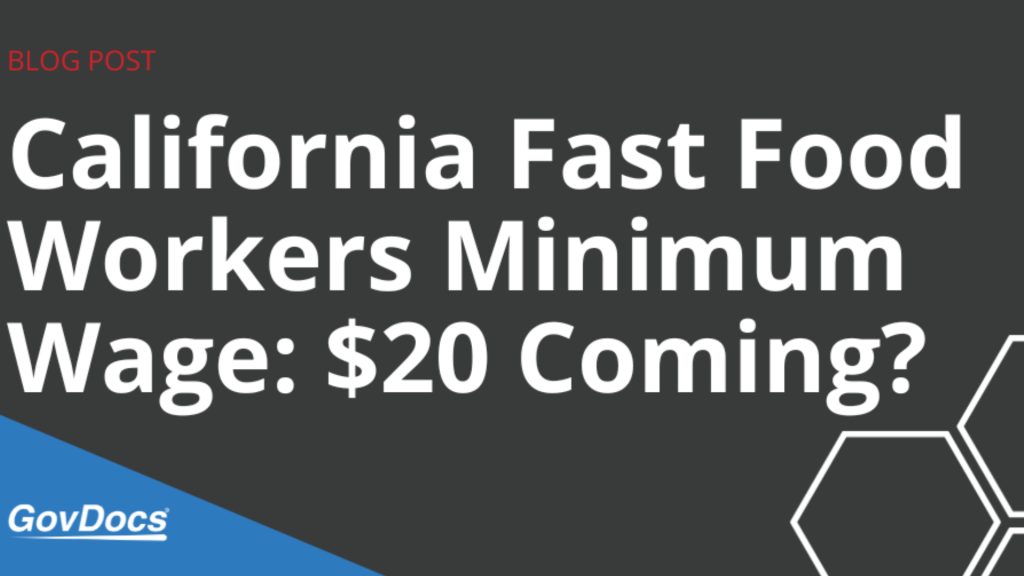
The new law, AB 1228, took effect April 1 and applies to fast food chains with at least 60 locations nationwide.
California Workers Express Mixed Reactions
While some workers celebrated the wage increase, others worried how businesses would react. Pizza Hut driver Michael Ojeda, who lost his job in February, said Pizza Hut was his career for nearly 10 years before it was “taken away” with little notice.
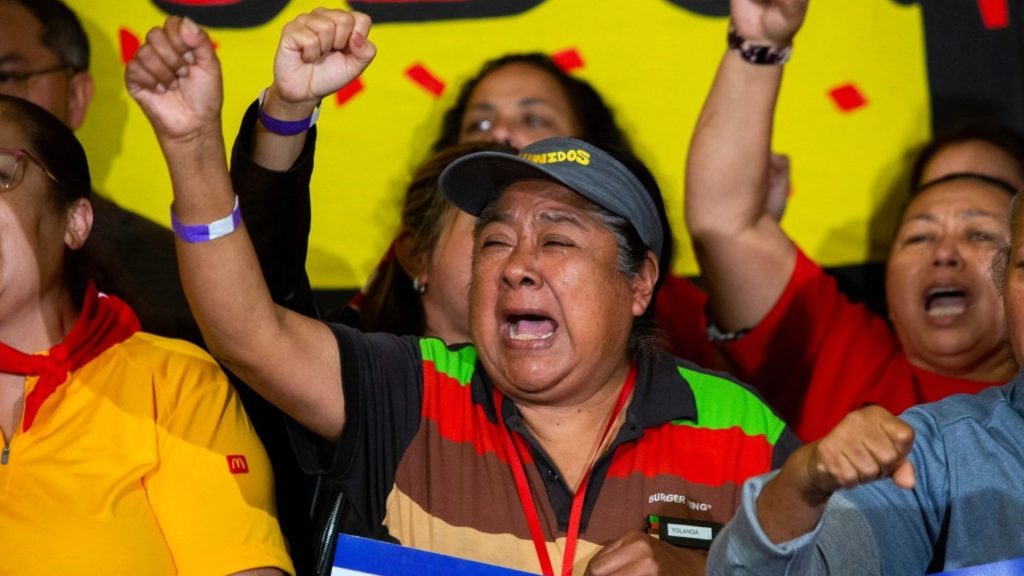
However, others like Chuck Wilburn, a McDonald’s employee for over 20 years, supported the law. “We deserve this. We deserve to have a living wage,” Wilburn told The Wall Street Journal.
How the Minimum Wage Hike Impacted Restaurants
The new law increasing the minimum wage for fast food workers led to several restaurant closures and job cuts in California.

Mod Pizza shut down five of its locations in the state just before the wage hike took effect. Employees suspected the closures were tied to the legislation and a desire to avoid the additional costs.
Increased Operational Costs and Prices
For restaurants remaining open, the minimum wage boost has led to higher costs to operate. Owners have had to raise menu prices to offset these costs, passing them on to customers.
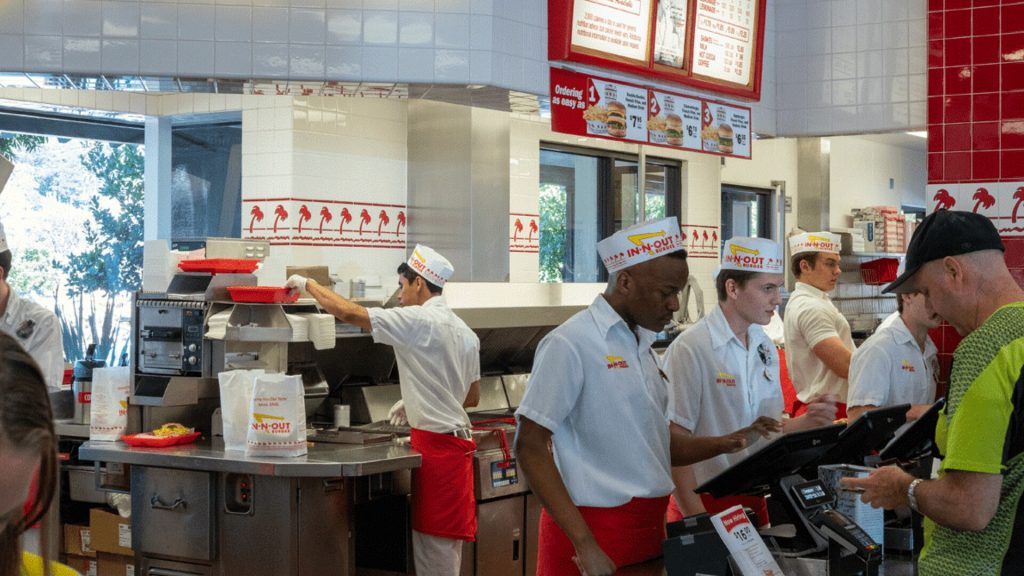
A burger or pizza now costs more, as eateries work to balance maintaining profits and staffing levels with the additional expenses from higher wages.
Other Stores Affected by The Wage Bill
Foster’s Freeze, a California-based fast-food burger and ice cream chain closed down entirely after the wage hike took effect. Employees showed up to work one day to find the doors locked for good.
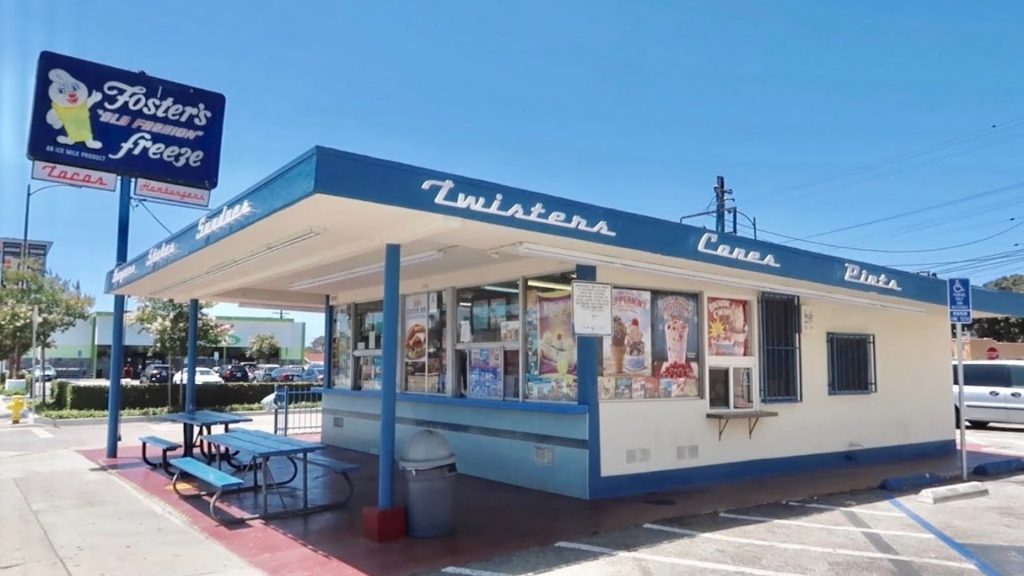
According to Monica Navarro, the assistant general manager, the owner, Loren Wright said the business could no longer stay afloat with the increased labor costs.
More Chains at Risk for Closure
Several other major fast-food corporations with locations in California may face difficulties absorbing the costs associated with the wage increase.
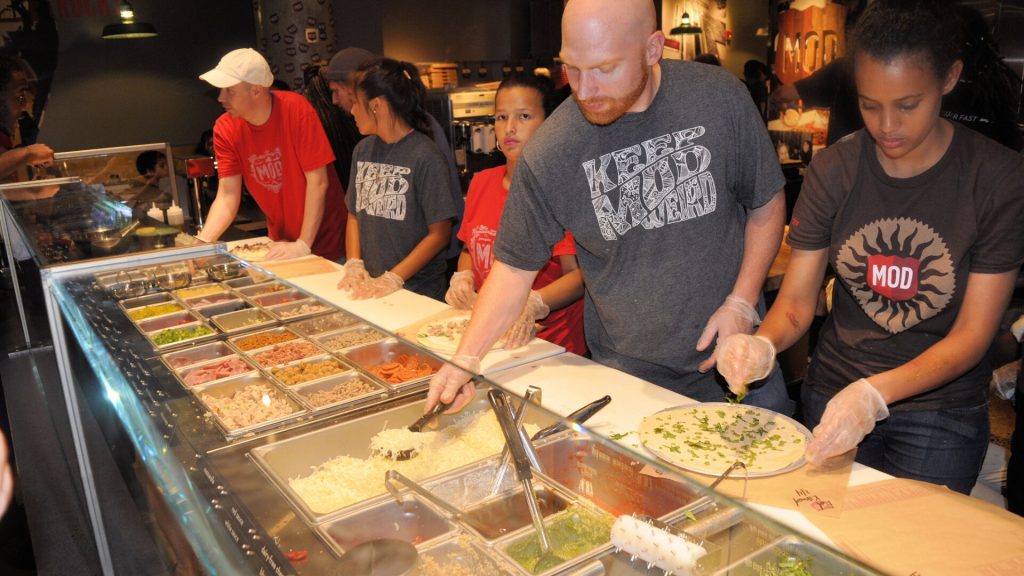
While some may be able to offset costs through price hikes or reduced operating hours, smaller chains and franchises could struggle.
Worker Perspectives on Unexpected Closures
Employees at Mod Pizza’s Clovis location were confused when they showed up to work and found the doors locked, according to a local news report.
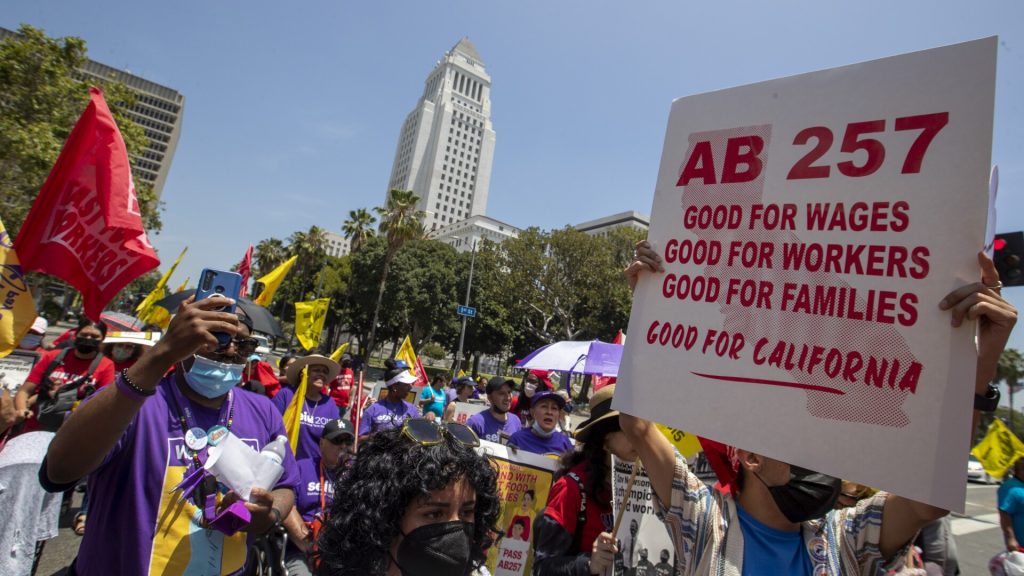
“It just kind of seemed like the right timing, two weeks before all of the fast-food locations in California got that increase that we closed,” an anonymous employee said.
The Pros of Minimum Wage Increases
When the minimum wage goes up, the lowest-paid workers have more money to spend on essentials like food, housing, and transportation.
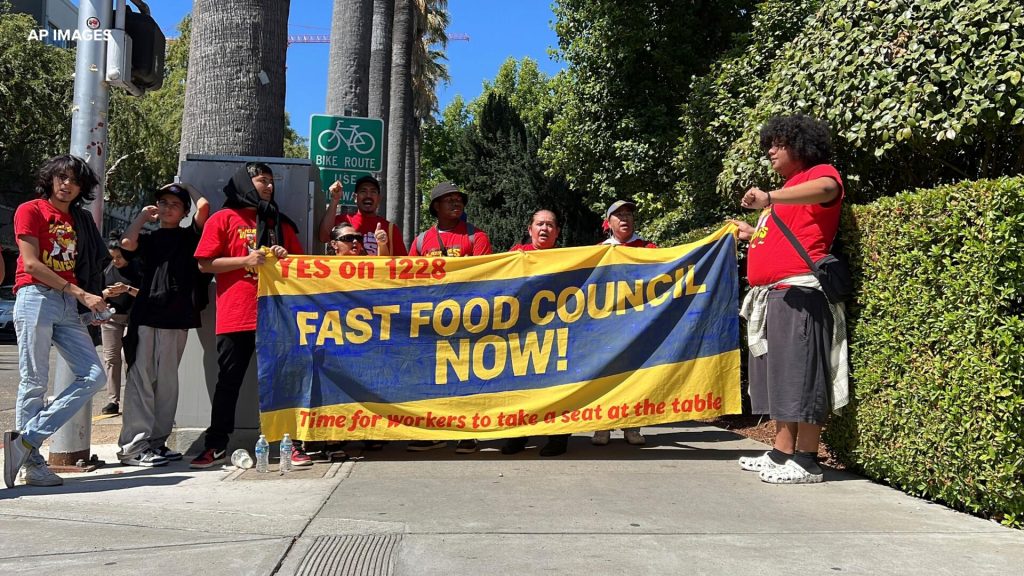
Proponents argue that raising the minimum wage increases the standard of living for low-income individuals and families.
Cons of Minimum Wage Increases
However, critics argue that raising the minimum wage too much or too quickly can negatively impact employment. When labor costs increase, some businesses may cut jobs or hours to offset the costs.
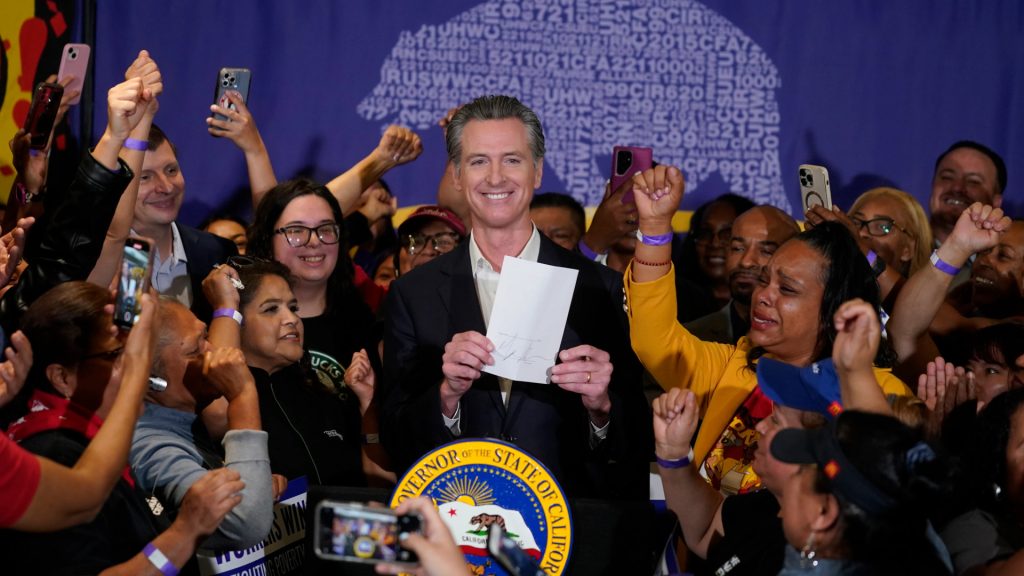
This has already negatively impacted the very workers the policy aims to help. Businesses may also increase prices on goods and services to account for higher costs, which can spur inflation.
What This Means for the Fast-Food Industry
While the legislation aims to provide fair compensation and improved working conditions for fast food employees, it could deal a blow to smaller businesses unable to shoulder the costs.
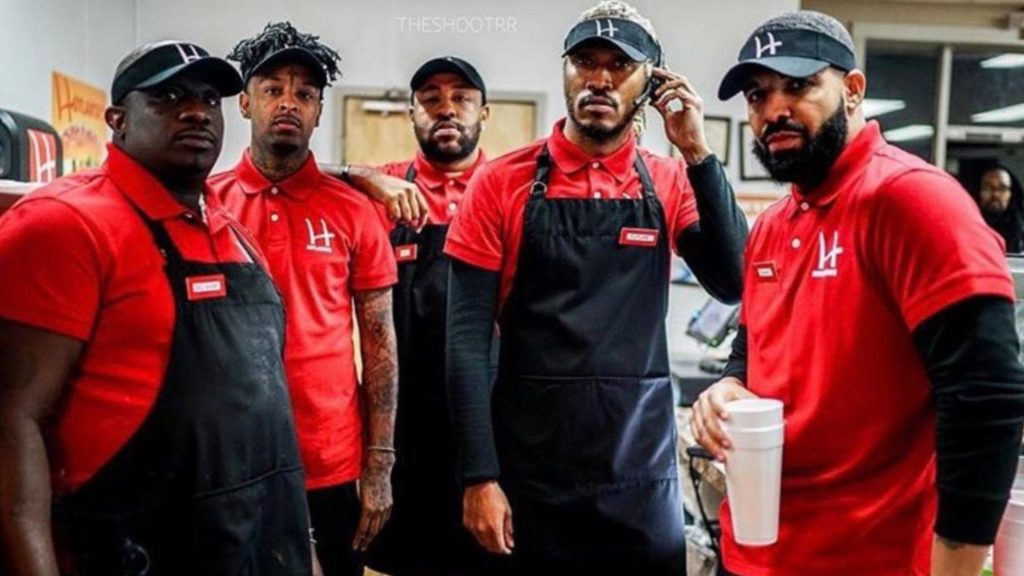
The law requires fast food chains with over 60 locations to increase pay for hourly workers to at least $20 an hour in an effort to account for the high cost of living in California.
A Minor Inconvenience for Major Corporations
For major corporations like McDonald’s or Yum Brands, the parent company of Pizza Hut and KFC, the pay raise may be feasible.
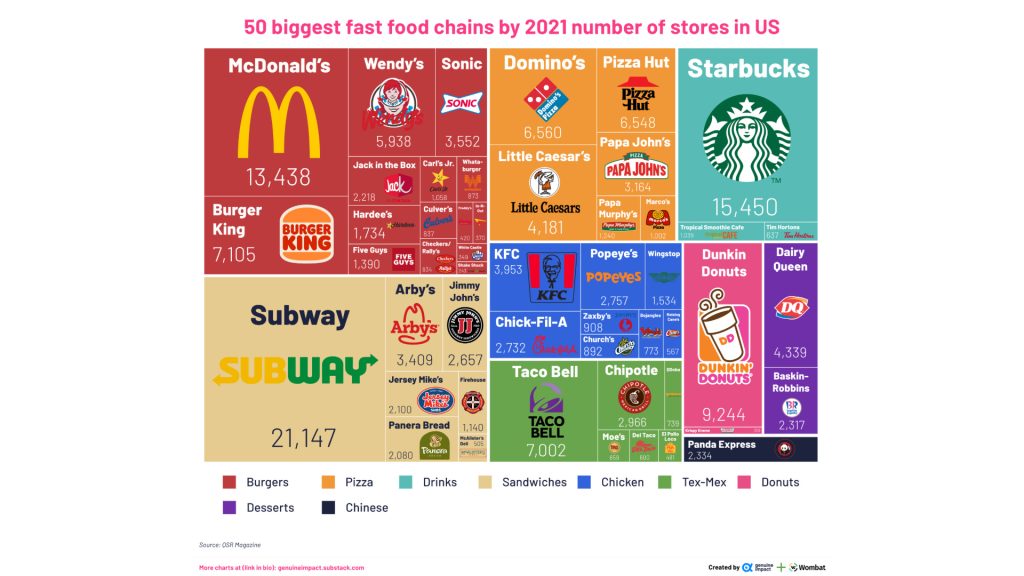
However, smaller businesses operating on tight profit margins may struggle under the new requirements. Some may need to cut jobs or close up shop altogether.
Businesses Care More About Their Bottom Line
While California’s minimum wage boost aims to provide a better quality of life for fast food workers, its unintended consequences may end up hurting those it intended to help.

Though there are always tradeoffs with regulations, the key is striking the right balance between workers’ rights and companies’ ability to maintain viable operations.

